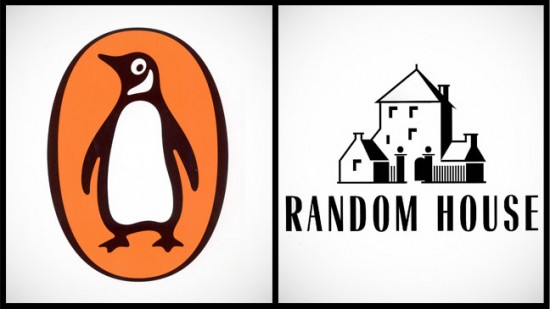
Media outlets are reporting that two of the big six publishers have merged.
It’s interesting to see the coverage, in particular the Canadian opinions of the merger. What we have are two of the publishing industries biggest players forming one super publisher, Penguin Random House.
Realistically both were already owned by international media giants Bertelsmann (Random) and Pearson (Penguin). The new super publisher is “super” because it merges the publishing divisions and imprints across North America, Latin America, the UK, Australia & New Zealand, India, South Africa and operations in China and Spain. Wow.
The media reports, likely from the merger press releases, are spinning this as a fight against the dominance of Amazon. The idea being that a larger entity can play ball better with the dominant retail vendor. Even though Random House is quite advanced in terms of their digital publishing and data savvy, and Penguin is advanced in terms of innovative digital publishing and brand recognition, we still have two publishers (now one) against a data and technology machine. I’m not sure what people are expecting can be leveraged here. Nor why they think that their publishing buddy, if they are successful in playing better with Amazon are somehow going to open the door for smaller publishers.
My take is good for Penguin and Random House. I hope they don’t spin their wheels trying to consolidate operations and create efficiencies that likely don’t exist.
My concern would be for authors and agents and the diminishing diversity of established publishers because I do still believe publishers have a lot of valuable industry knowledge not yet earned by innovative publishing startups. We’ll see how merged these operations and imprints become but I suspect there will be reductions.
My advice to all publishers is to look closely at the skills Amazon has developed since the late 90s and catch up as quickly as possible. Look at your direct to consumer marketing, look at your brand experience, look at your website usability, look at your purchase funnels, go mobile, get your head around the data, stop looking at what other publishers are doing and look at the leaders in b2c retailer/ecommerce, assess your products, find your audience, find the budgets, hire the right staff and doggedly seek the winners. (I know you think you’re doing that, but if you step way back and take a look at you vs. them, you’ll see the difference.)
As Joe Wikert says, ‘Instead of just merging I’d rather see one of the big six stand up like this small publisher and say “we’ve walked on eggshells for far too long‚ it’s time for us to get serious about building that direct channel and not worry about how our existing channel partners will react.”‘ (TOC.OReilly.com)
Dennis Johnson of Melville House has a good review of the media reports on the Penguin Random House merger.


 Corey Pressman taught Anthropology for 12 years before leaving teaching to start Exprima Media, a software company dedicated to creating robust and engaging educational experiences for the web and native mobile platforms. Exprima Media is currently working with publishers such as W.W. Norton, John Wiley & Sons, and McGraw Hill to build the future of educational interactive media. Also, under Corey’s direction, Exprima Media is participating in the ‘global mobile’ revolution, developing educational mobile applications for use in less economically developed nations.
Corey Pressman taught Anthropology for 12 years before leaving teaching to start Exprima Media, a software company dedicated to creating robust and engaging educational experiences for the web and native mobile platforms. Exprima Media is currently working with publishers such as W.W. Norton, John Wiley & Sons, and McGraw Hill to build the future of educational interactive media. Also, under Corey’s direction, Exprima Media is participating in the ‘global mobile’ revolution, developing educational mobile applications for use in less economically developed nations.